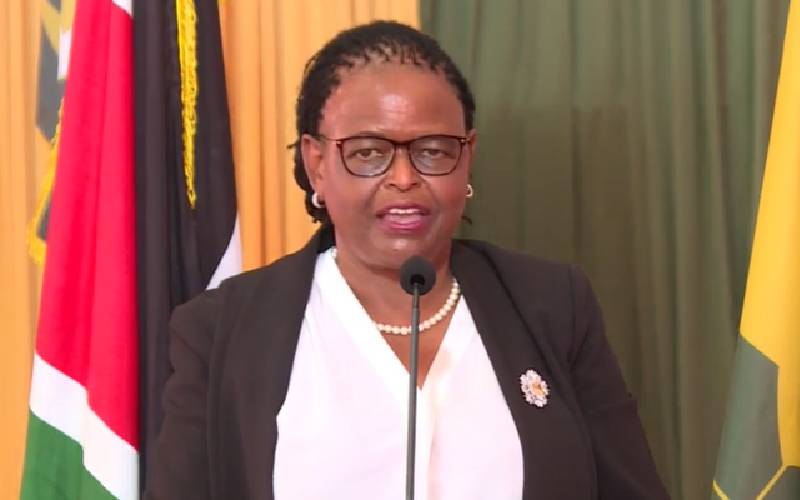×
The Standard e-Paper
Home To Bold Columnists

Chief Justice Martha Koome at the Supreme Court building on January 11, 2022.
Chief Justice Martha Koome has cautioned new magistrates against political influence in the administration of justice.